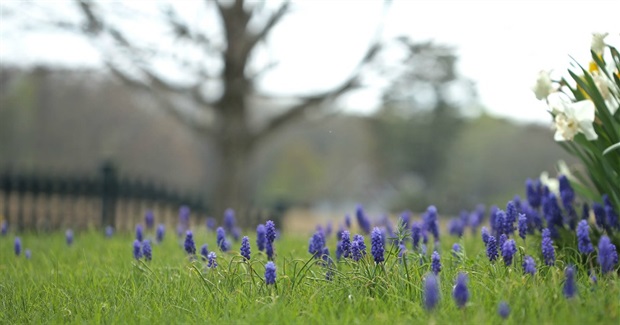There is a war going on right now between those who are working to protect the commons and the hard-core capitalists, who are working to privatize our economy, culture, ecology, environment and government.

The stakes are high. The outcome will determine whether we live in a dystopian chaos, or a civil society; whether we preserve our natural life support system, or live on life support.
At the moment, it’s a rout. The capitalists are winning, and those very few who speak for the commons are ignored, marginalized or ridiculed.
To understand this conflict, we need to understand what is meant by the commons. Here’s a typical definition:
The cultural and natural resources accessible to all members of a society, including natural materials such as air, water, and a habitable earth. These resources are held in common, not owned privately.
I would propose a slightly broader definition, one in which “cultural resources” includes the laws, regulations and norms designed to assure an equitable, just, prosperous and sustainable world. These too are under assault from the capitalists.
Growth, GDP, Wealth and Other Non-sequitors
Ask any good capitalist what an economy is for, they’ll say something like “maximizing wealth,” or “growing GDP.”
Folks have pretty much figured out that GDP isn't synonymous with wealth or welfare, but this still begs the question: what is wealth?
Most definitions offered by economists go something like this: those material things which are produced by labor, can satisfy human wants, and must have an exchange value. And of course, the medium of exchange we all know and love is money, moola, cash, bucks – in short currency. But as Chris Martenson points out, currency is merely a claim on wealth, not real wealth. It has no intrinsic value.
Read more here.























